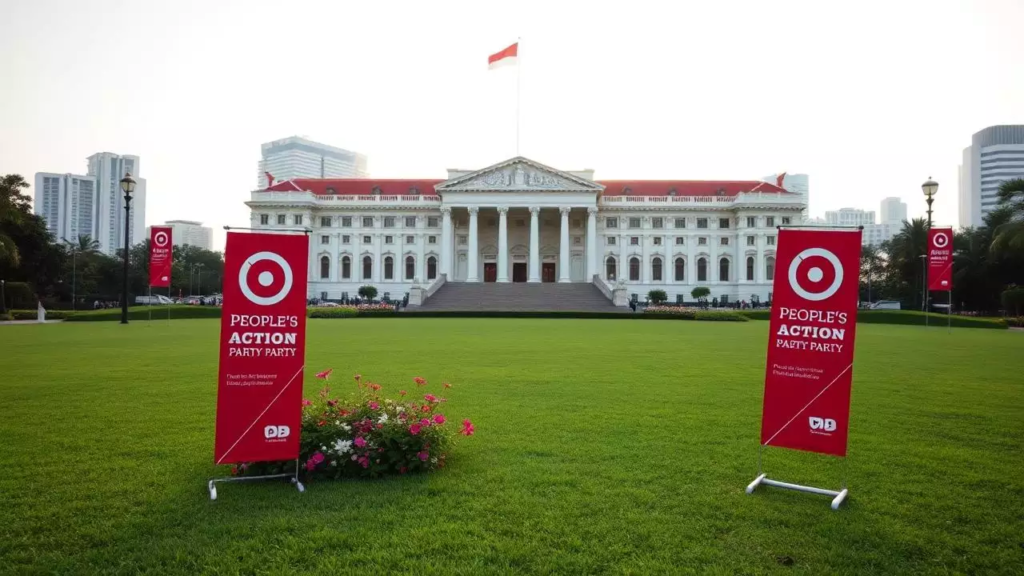The Swift Call to the Polls: Singapore’s General Election of May 3rd
A Strategic Move: The Timing and Context of the Election
Singapore, a nation renowned for its political stability and economic prowess, has once again entered the electoral cycle. The sudden dissolution of Parliament and the announcement of a general election on May 3rd have set the stage for a pivotal moment in the country’s political narrative. This swift move, characteristic of Singapore’s efficient governance, initiates a period of intense campaigning and national introspection, as citizens prepare to exercise their democratic right and shape the future of their nation. The timing of the election, announced with relative brevity, underscores the strategic nature of Singaporean politics. The ruling People’s Action Party (PAP), which has held a dominant position in the country’s political landscape since its independence, is likely aiming to capitalize on its established track record and perceived stability. This early call to the polls could be seen as an attempt to maintain momentum and minimize the opposition’s ability to consolidate their forces and gain traction.

Economic Concerns: The Core of the Electoral Discourse
The election will undoubtedly focus on key issues that resonate deeply with the Singaporean populace. Economic concerns, including the rising cost of living, job security, and the future of the nation’s financial hub status, will be paramount. The government’s handling of these issues, particularly in the face of global economic uncertainties, will be scrutinized by voters. Housing affordability, a perennial issue in land-scarce Singapore, will also be a major talking point.
Social and Political Evolution: Addressing the Aspirations of a Changing Nation
Beyond economic matters, the election will also serve as a barometer for public sentiment regarding social and political issues. The evolving demographics of Singapore, the increasing desire for greater political pluralism, and the ongoing debate surrounding social mobility will all play a role in shaping the electoral discourse. The younger generation, in particular, is likely to voice their aspirations for a more inclusive and participatory political system.
The Opposition’s Challenge: Seeking to Gain Ground and Present Alternatives
The opposition parties, although historically challenged in gaining significant ground against the PAP, will seek to present alternative visions and policies. They will aim to capitalize on any perceived weaknesses in the ruling party’s performance and articulate their commitment to greater accountability and transparency. The effectiveness of their campaigns and their ability to connect with the electorate will be crucial in determining their success.
The Electoral Process: Efficiency and Transparency
The election process in Singapore, known for its efficiency and orderliness, is expected to proceed smoothly. The Elections Department, renowned for its meticulous organization, will ensure a fair and transparent process. The media’s role in disseminating information and facilitating public debate will be closely watched, as will the use of digital platforms in campaigning and voter engagement.
Shaping Singapore’s Future: A Moment of National Decision
Ultimately, the May 3rd election will be a significant moment for Singapore, reflecting the nation’s political maturity and the evolving aspirations of its citizens. The outcome will shape the country’s trajectory for the coming years, impacting its economic development, social cohesion, and international standing. As Singaporeans head to the polls, they will be tasked with making critical decisions that will determine the future of their nation, continuing the story of this small island nation that has made a large impact on the global stage.




















